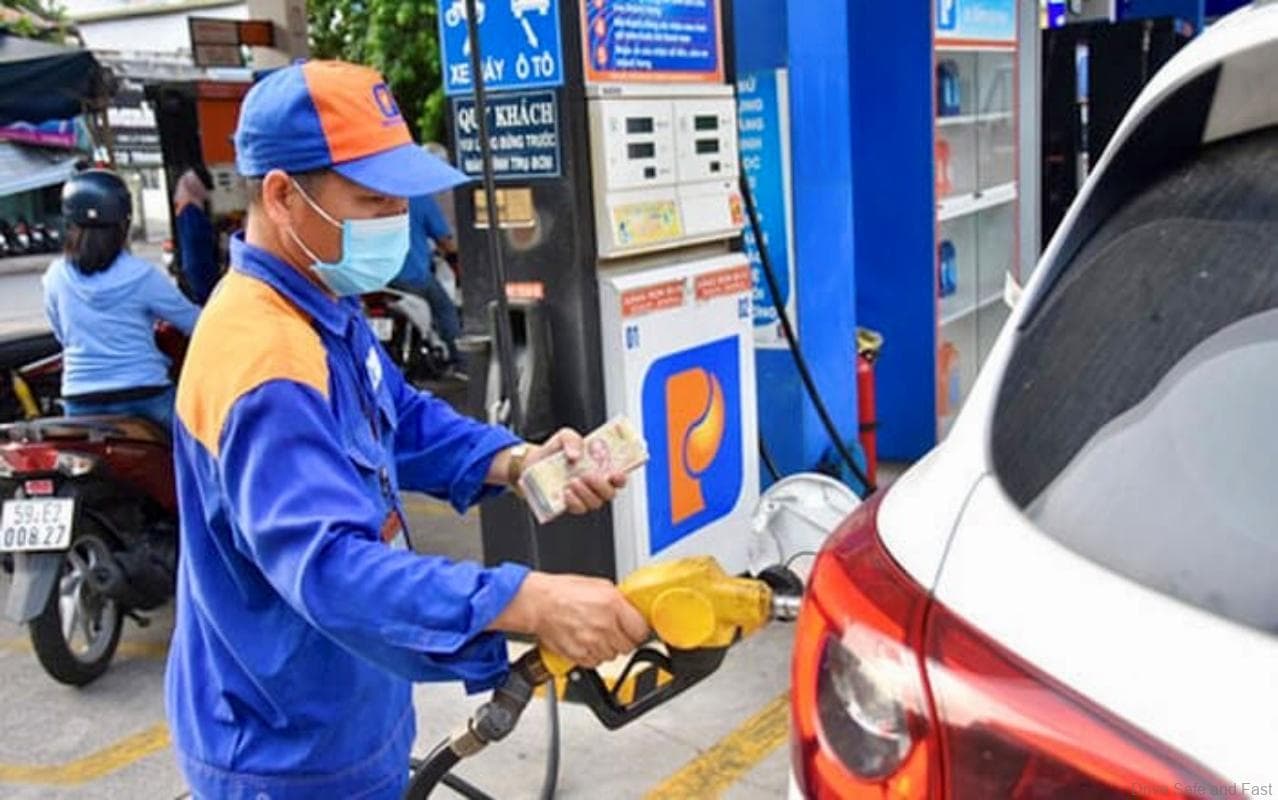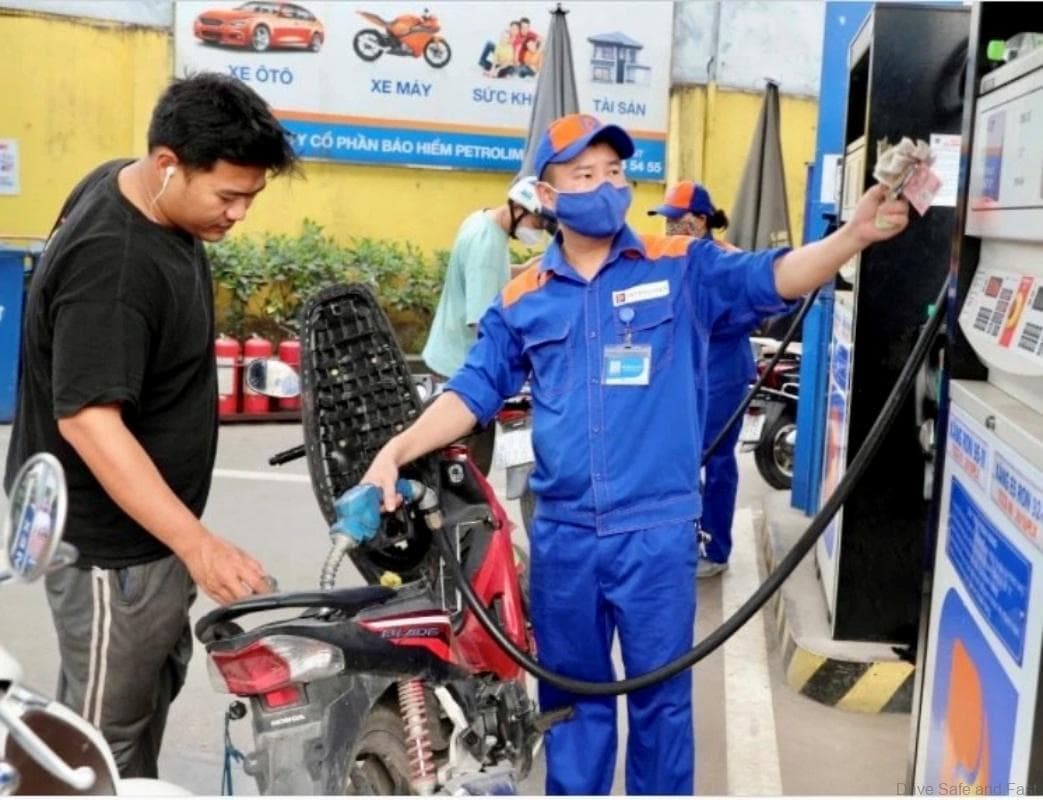Will Malaysia also see lowered petrol prices soon or is that still not possible?
In the latest update, the Ministry of Industry and Trade and the Ministry of Finance have announced significant reductions in petrol and bio-fuel prices amidst ongoing adjustments. The price of E5RON92 bio-fuel has been slashed by VND 610 to VND 21,140 per litre in Vietnam. So what is happening here?

Concurrently, diesel 0.05S and kerosene prices have been adjusted downwards by VND 325 and VND374 respectively, settling at VND 19,422 per litre for diesel and VND 19,557 per litre for kerosene. Wouldn’t it be nice if Malaysia also reduced petrol prices, even just for a while?
Moreover, Mazut 180 CST now stands at VND 17,280 per kilogramme following a reduction of VND 250 per unit. Notably, this adjustment cycle does not utilise the petrol and oil price stabilisation fund.
Since the beginning of the year, fuel prices have experienced 23 adjustments, consisting of 9 increases and 7 decreases. These adjustments reflect the Vietnamese government’s ongoing efforts to balance market dynamics and ensure affordability for consumers amidst fluctuating global oil prices.

The decision to lower prices comes amid a backdrop of varying economic pressures and global oil market conditions. Each adjustment aims to mitigate the impact of external factors on domestic consumers and industries reliant on fuel products. I hope this actually helps the economy there so we could do the same.
On top of that, the reduction in E5RON92 bio-fuel, diesel, kerosene, and Mazut 180 CST prices underscores a proactive approach by the government to respond to current market trends. These adjustments not only aim to stabilise domestic fuel prices but also support sectors heavily dependent on fuel, such as transportation, agriculture, and manufacturing.
Looking forward, the ministries responsible for the price review continue to monitor global oil market dynamics closely. This ongoing assessment ensures that future adjustments will reflect the evolving landscape, providing both stability and responsiveness to the needs of consumers and industries across Vietnam.

In conclusion, the recent downward adjustments in fuel prices represent a strategic response by the government to enhance economic stability and support key sectors amid global uncertainties. This approach reinforces the commitment to managing fuel prices in a manner that balances affordability for consumers with the economic realities of the energy market.